Editorials
– Kayhan newspaper handles the Lausanne talks on Syria.
– Afarinsh criticizes the Iranian insurance sector.
Iranian News Roundup
– Iranian soldier commits suicide.
– 1924 student physical abuse claims on one day.
– Reformist Ziba Kalam calls for repeal of house arrest on the Green Movement leaders.
![]()
Kayhan Newspaper
Iran’s upper hand in Lausanne
An editorial in Monday’s Kayhan newspaper focused on the talks on the Syrian crisis in Lausanne, stating that it’s apparently more difficult for the participating powers to reach a political solution than a military one. The Americans emerged empty-handed from the Lausanne talks, said the editorialist, showing not only their weakness and lack of military and security capabilities but their lack of n political administration in the case of Syria. Meanwhile, the editorial continued, the “Resistance Front” (represented by Russia, Iran, and Iraq) proved that it had led the discussions around the negotiating table in a manner which made its opponents realize that the political reality is inseparable from the reality on the ground. Moreover, the editorial continued, the opposition forces are besieged in eastern and central of Aleppo and should bow to the Russian-Iranian-Iraqi Alliance’s will. The editorial said that about that attention must be paid to the following points:
1- The USA entered the Lausanne talks to put pressure on the “Russian Axis States” to improve the opposition groups’ situation, through eliminating the imposed siege on Aleppo and ending Russian military operations, excluding Iran and Hezbollah from the equation. That means excluding the field support for Bashar al-Assad, to shift the power balances toward opposition groups and create a field compatibility between Turkey, Saudi Arabia, Qatar and Jordan in one hand, as well as Russia and Iran on the contrary. However, Iran refused to participate in talks on such proposals, demanding the inclusion of conditions that Iraq and Egypt should be present. The fact is, the editorialist stated, that the US and regional countries have begun to realize that the situations in Syria started to change in Bashar al Assad’s favor, with even the German Foreign Minister stating that he cannot be sure whether the Russian attacks on Aleppo are war crimes or not.
2- The US entered the talks to which the conclusion had already been decided, which was to talk away from the negotiations empty-handed, as well as agreeing to the Iranian requirements, which is considered a major defeat for the United States. The Egyptian and Iraqi presence foiled the American scheme, as America is no longer able to speak on behalf of the global situation. Saudi Arabia is also unable to take the floor in the name of the Arab world because of the Iraqi and Egyptian presence on the side of the “Resistance Front,” it added. Thus, the formula has changed from one of “4+4” rather than the US’ preferred “5 +2” formula, if we disregard the Jordanian position on the Syrian crisis.
Indeed, the editorialist was correct on one point, that the main reason behind the failure of the United States to change the current balance of forces in the Syrian crisis was not weakness or lack of ability; instead, it was a single-minded wish to maintain Israel security. The United States has been reluctant to arm the opposition over the past years fearing what might happen after any victory by the opposition, which might threaten or attack Israel with advanced weapons. The refusal to provide the opposition with portable missiles or MANPADs may be part of this. As for the Iraqi and Egyptian governments, they took part in the Lausanne talks on the consultative level rather than as full participants. Thus, the editorial is reflecting Iran’s wish to show fissures among the ranks of the Arab states amid continuing US inaction.
Afarinesh Newspaper
Poor performance and negative views towards the culture of insurance
An editorial in Monday’s Afarinesh newspaper criticized the insurance sector in Iran and the Iranian society’s viewpoint towards it. The editorial claimed that the insurance sector has great importance as a pivotal and influential element in the country’s economic development. But, a brief glance at the statistics in Iran is sufficient t realize the extent of this sector’s failure, with the Iranian insurance sector representing 0.09% of the global insurance sector and the country ranking sixty-fourth globally, while neighboring countries such as Turkey, for example, ranked 34th globally. Most of the world’s nations encourage their citizens to take out insurance through a tax exemption for deposits, offering insurers multiple features for subscribers. In Iran, however, the various fees and taxes levied on insurance payments increase the insurance burden on participants and lead to a widespread reluctance among the public to take out insurance. Worldwide, an average of 59 percent of the population have their lives insured, with this figure falling to less than 6.5 percent in Iran, the editorial pointed out, leaving Iranian insurance companies avoiding such profitless contracts. Meanwhile, there is an increase in vehicle insurance, which is widely viewed as not being real insurance since it’s easy for payees to avoid paying compensation through careful drafting of the contractual terms. Institutions in Iran that should serve citizens are not doing their job, and rely on more productive activities in areas other than the fundamental role which they were created for. Iranian Banks no longer practice their role in pushing the wheel of production, but rather practice speculation on lands and real estate, harming the Iranian market instead of serving the community to participate in the production process. Many Iranian citizens paid insurance on their cars in 2015, but they were surprised that the insurance companies asked them when renewing the car insurance to pay different tariffs, after these were increased earlier in 2015, with the cost of insurance already exceeding the previous years. The weakest link in the Iranian insurance sector is in the area of industrial insurance, with factory owners resorting to minimizing their insurance premiums to reduce costs. Thus, the editorial concludes, the country’s insurance sector is crippling rather than assisting in economic growth.
Donie Eghtesad
Why the bank interest rate has not been reduced
An editorial in Donie Eghtisad on Monday enquired about the reasons for the lack of any fall in bank interest rates in Iran despite the low level of inflation. The editorial said that as is widely known, the monetary base includes two important parts: outstanding governmental debts and monies owed by the Central Bank. The government debts owed by the Central Bank did not rise last year, indicating that the government did not resort to requesting funds from the Central Bank. Despite this, the level of the banks’ debts to the Central Bank last year increased by 16 percent compared to the previous year. Accordingly, the Iranian Central Bank’s projected profits and liquidity rate grew by 21 percent, while the monetary base growth rate has increased in the last six months by 12 percent and, if it continues to rise at the current rate, will reach 24 percent by the end of this year. Another important indicator affecting bank interest rates is the interbank interest rate, with the Central Bank seeking to reduce this to less than 17 percent. Nevertheless, in recent months and despite the Central Bank’s efforts, the interbank rate has ranged between 19 % and 20 %. All these indicators illustrate the pressure from banks’ demand for liquidity and, of course, when the demand for liquidity increases the bank interest rates rise in turn. If the Central Bank showed resistance against bank loans, it would face an increase in average prices. Moreover, if the Central Bank wanted to reduce the volume of demand, it would offer greater resources to banks, resulting in greater liquidity in the financial markets. In the end, the editorial concluded, if the Iranian Central Bank does not resolve the problems of the banking system, then the desired growth rate of six percent will not be achieved.
![]()
♦ 62% of Iran’s oil is sold in Asia
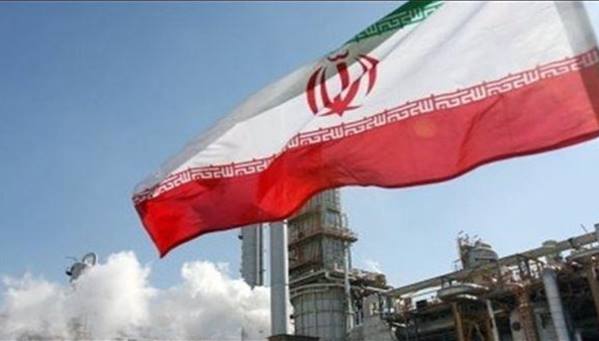
International Affairs Manager in the Iranian National Oil Company, Saied Muhsin Qamsari announced that Iran sells an average of 600 thousand barrels of oil per day to Asian countries and China is ranked first, representing 62% of the Iranian oil production.
Abrar Eghtisadi Newspaper
♦ 1924 physical abuse claims in one year in Iran
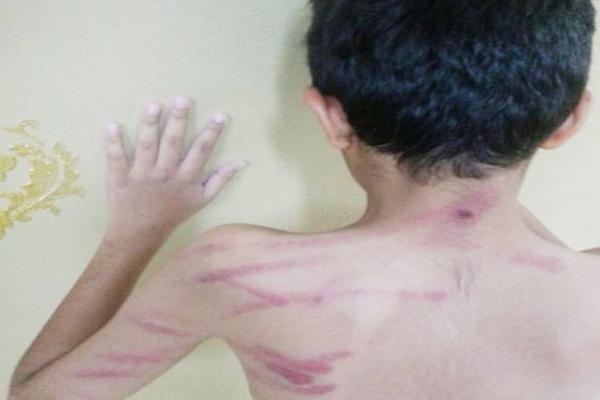
Spokesperson of the Board of Education and Director of Performance Evaluation, Rahim Mirshahold announced that 80 thousand student physical violence complaints had been registered in 2013-2014.
Arman Amroz Newspaper
♦ Iranian soldier commits suicide
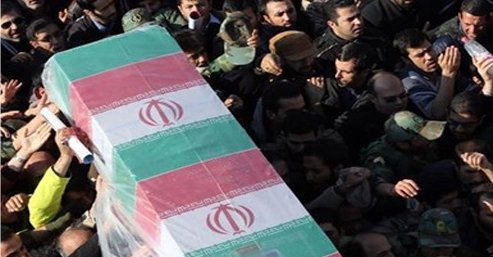
An Iranian soldier has committed suicide in Ahwaz province by shooting himself at the watching room. Death cases have increased among soldiers recently in Iran due to psychological and morale problems, and fear of military missions and duties.
Arman Amroz Newspaper
♦ Haidar Bour: Deployment of S-400 is possible in Iran
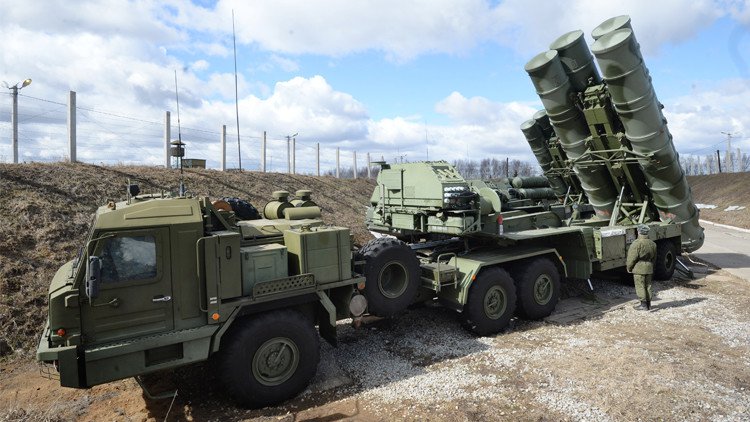
Member of the National Security and Foreign Policy Committee in the former Shura Council, Awad Haidar Bour said that Iran has completely deployed the Russian S-300 missile systems. He added that during talks about the purchase of the S-300, the S-400 had not been implemented or introduced in the markets yet, asserting that if Iran feels the need for the S-400, it will be quickly used through negotiations with the Russian side. He also argued that the Iranian air defense is well equipped, and the Iranian sky is secured.
Baztab 24 Website
♦ The Iranian flag on the ISIS “Ideology Book.”
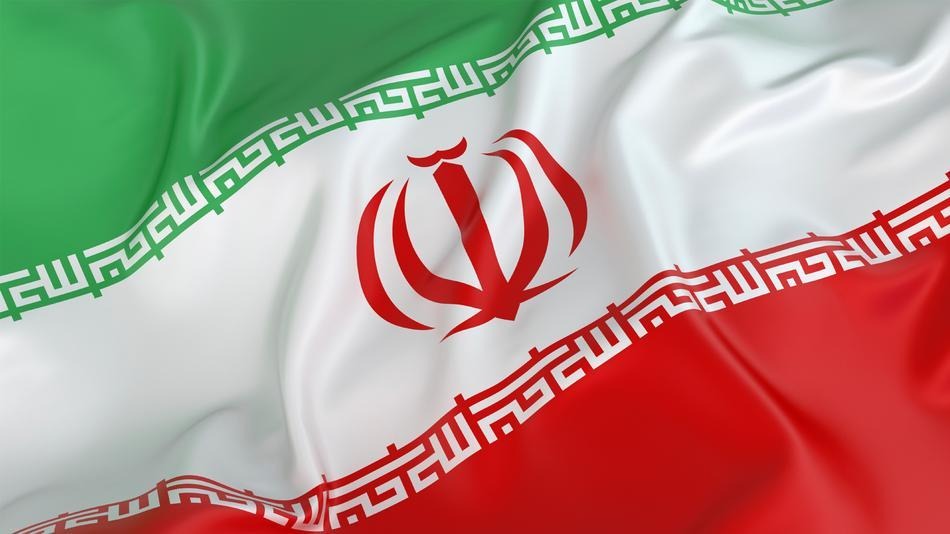
Tehran has claimed that the appearance of the Iranian flag on the ISIS grade five ideology books refers to the severe hostility between this American-Zionist group and Iran.
One of the Iranian military advisors in Syria has sent a picture of the book to the Tabnak site in Sistan and Baluchistan. He stated that the ISIS is spreading useless rumors against the Iranian educated people due to its inability to launch any terrorist attacks in Iran, military strikes in Iraq and Syria, political setbacks it suffered, failure to form an independent government, and public operations in Mosel that have frustrated the group.
Khabar Faresi Website
♦ Air sells in gas stations in Iran

Some Iranian people said that they had filled their vehicles with gasoline but noticed that the petrol gauge did not move or moved slightly, which raised doubts about selling air instead of petrol in some stations. The stations owners and the Iranian National company for Oil Products denied these claims.
Head of Oil Stations Owners Union, Hajj Mohammed Riza said that all gasoline reservoirs are sealed and cannot be manipulated with by workers or managers. He added that claims of selling air instead of gasoline are illogical and have not been scientifically proved, but at the same time, he asked people to avoid going to stations during the filling process due to the high rate of evaporation.
Baztab 24 Website
♦ MP to Rouhani: “Do not run the elections.”
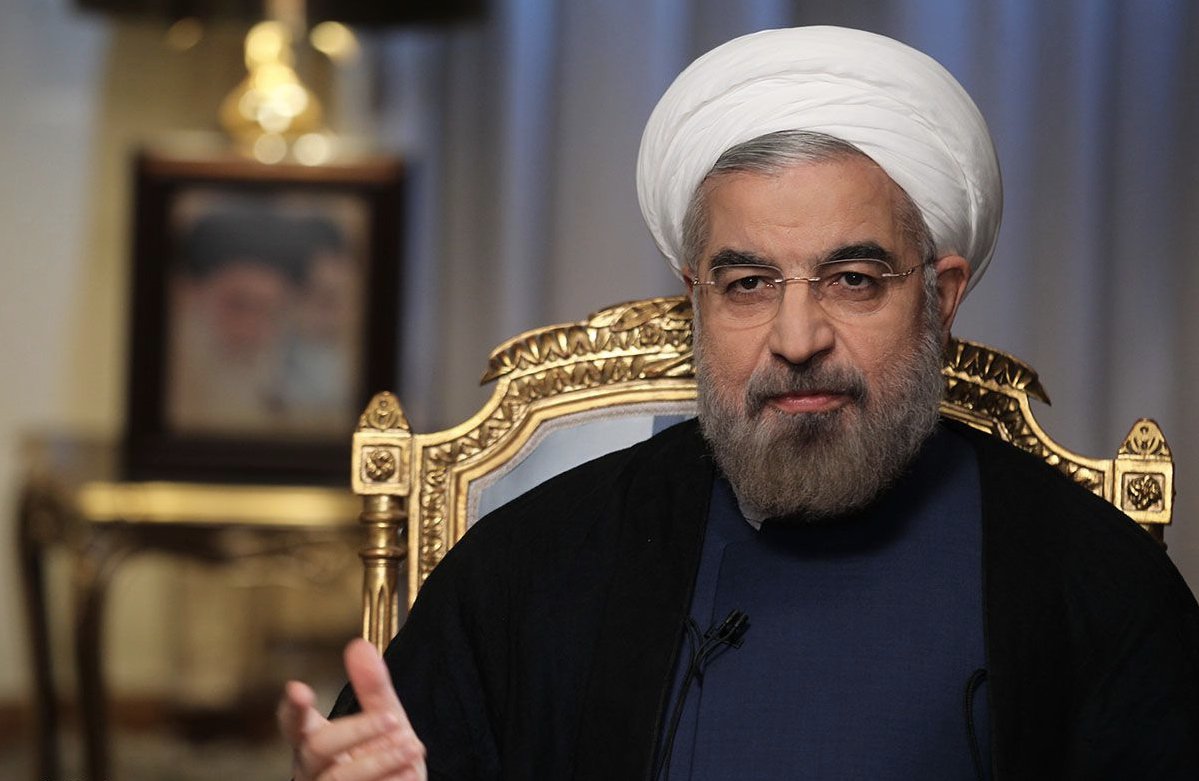
Former hard-liner MP, Javad Karim Yaqdosi called President Rouhani not to run the elections of 2017, saying that the opinion polls were against him. “Do not run the elections and let someone else do to get the country out of this stalemate,” he said. Yaqdosi concluded his final word to Rouhani saying, “You have all best, and we have peace.”
Asr Iran Site
♦ The Guards seize a network aimed at young people brainwash
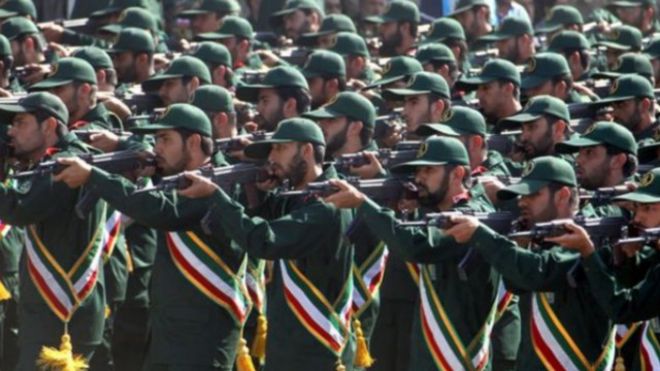
Revolutionary Guards Intelligence has captured a network that promoted lies and rumors in Zahedan aimed at changing the beliefs of the Shiite and Sunni youth in Sistan and Baluchistan.
This network had lured and dragged a big number of girls and boys illegally, promising them of certain privileges and big salaries. It pictured them in inappropriate situations and posted them on some magazines and international websites on the internet.
Eleven members of this network have been arrested in Zahedan by the Revolutionary Guards Intelligence and were transferred to the Judicial Authority. Fifty more people linked to this network were also called, and three underground locations were closed down. Finally, members of the Revolutionary Guards Intelligence called the “Unknown Soldiers” have closed down all sites related to this network on the internet.
Tasnim Agency
♦ Iranian MPs call Larijani to investigate Narjis Mohammedi’s file
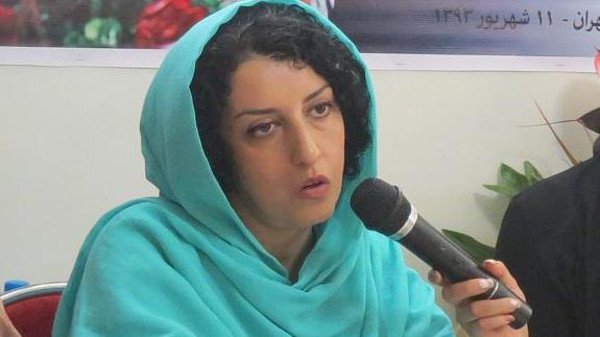
Some the Iranian MPs have sent a letter to the head of the judiciary, Sadiq Larijani to repeal the rule on the political activist in women’s rights Narjis Mohammedi and reinvestigate the case, asserting that the 16-year imprisonment law on Mohammedi is unfair and would keep the opposition from the government and the regime.
The MPs also referred to Mohammedi’s sickness and lack of proper treatment that has been given to her, asserting that she is going through a critical stage.
The letter was signed by Deputy-Speaker of the parliament Ali Mutaheri, Mahmud Sadiqi, Barvanah Mafi, Fatimah Zo Alqadr, Ahmed Mazini, and Barvanah Salhoushari.
Last May Mohammedi has sentenced five years imprisonment for accusations of conspiracy against the national security, one year for media releases against the regime, and ten years for leading an illegal group.
According to the human rights committee, branch 36 of the appeal court in Tehran province announced that Article 134 of the Islamic rule stated that Mohammedi is to serve the longest sentence only, which is ten years imprisonment.
ILNA Agency and Farda Radio
♦ Kalam calls Rouhani to repeal house arrest of the Green Movement leaders
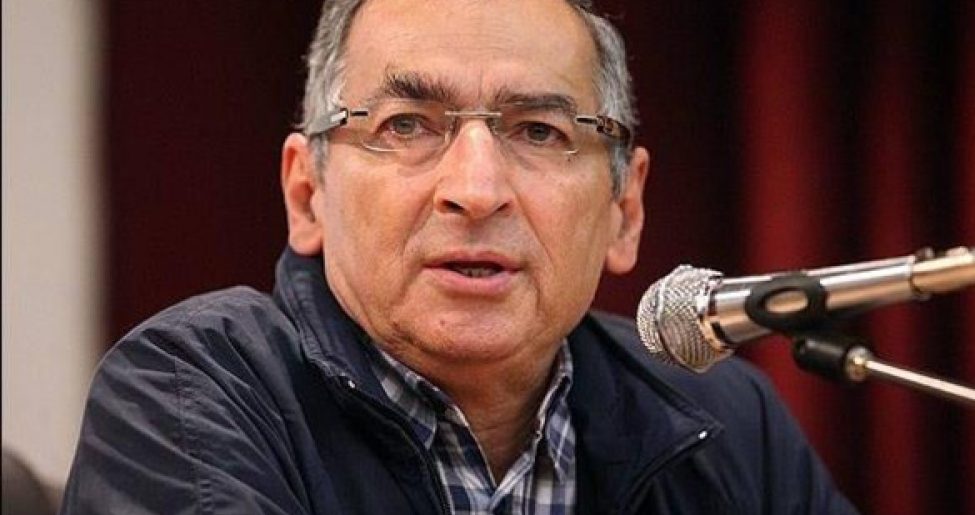
University professor and reformist activist, Sadiq Ziba Kalam said that his support to Rouhani in the previous elections resulted from an ethical standpoint. “To gain Reformists support, Rouhani should give the First Vice-President position to them or give them five ministries,” he added.
Kalam continued, “Without reformists’ support in the previous elections, Rouhani would not have gained 19 million votes, and if he does not get this support in the upcoming elections, he will not get the same number of votes.”
Kalam also called Rouhani to work on the repeal of the house arrest imposed on the Green Movement leaders, Mir Hussein Mousavi and his wife Zahra Rahavand, and Mahdi Karroubi.
Baztab 24 Website
